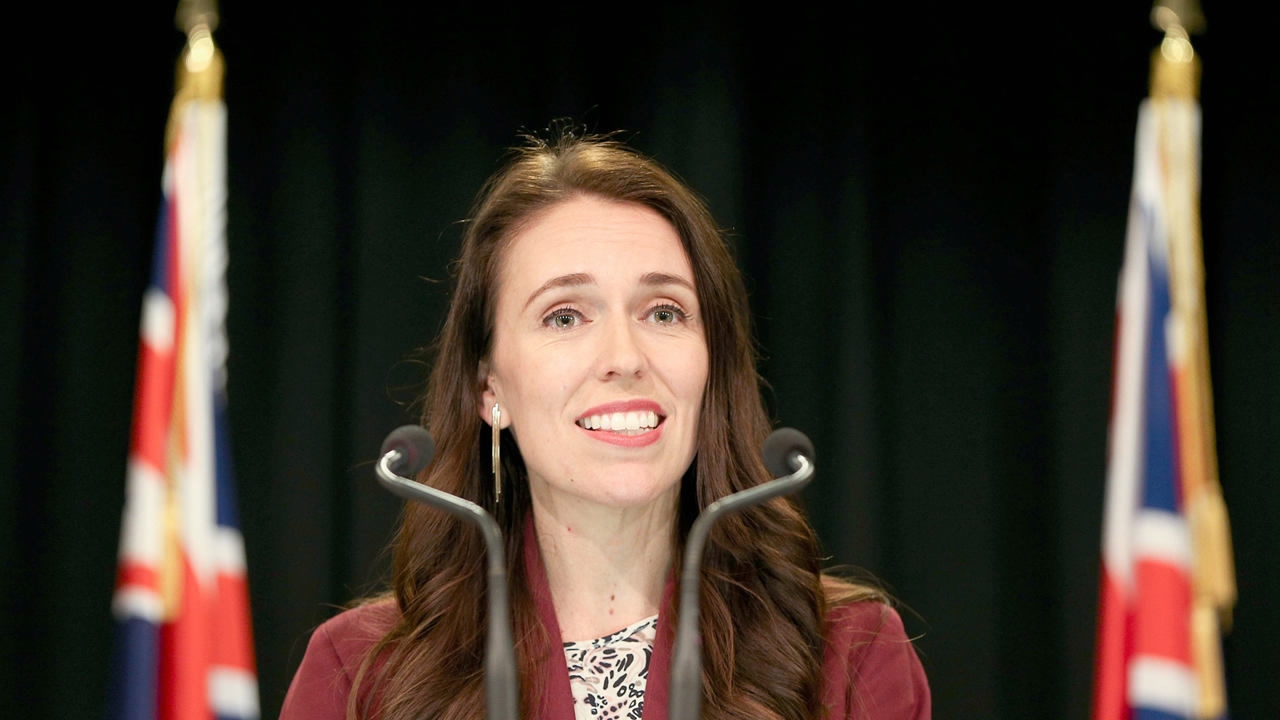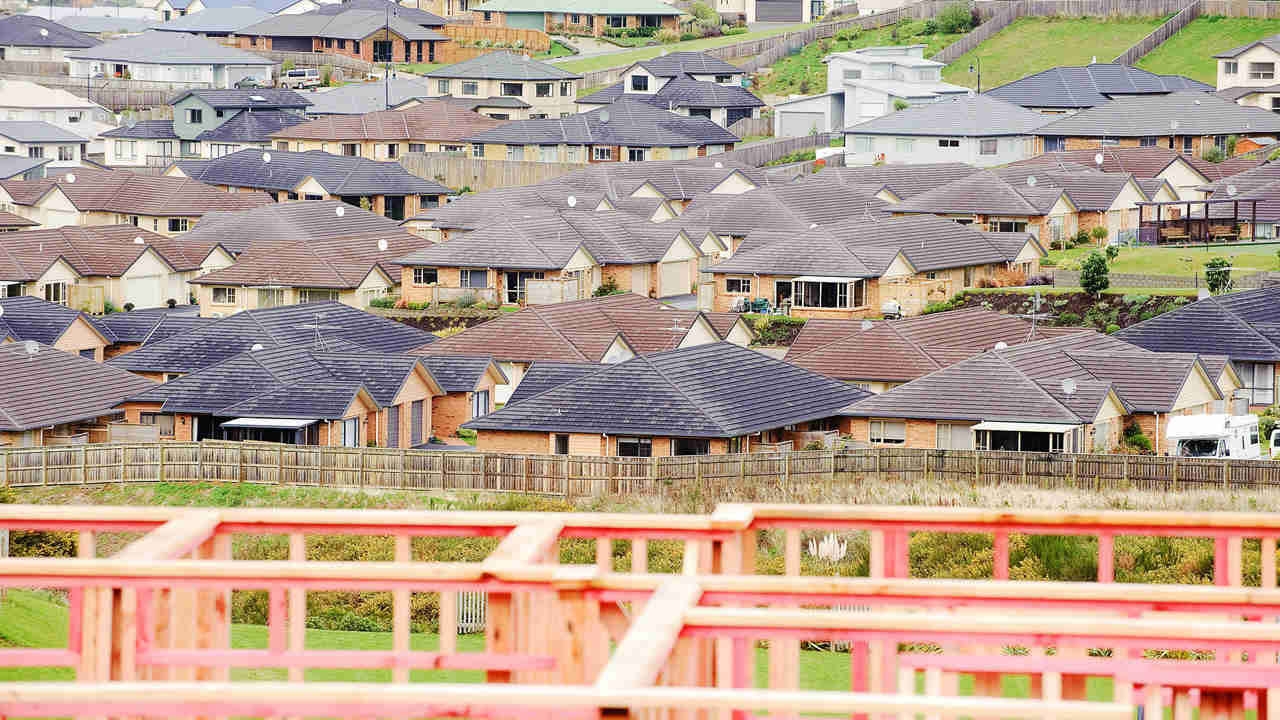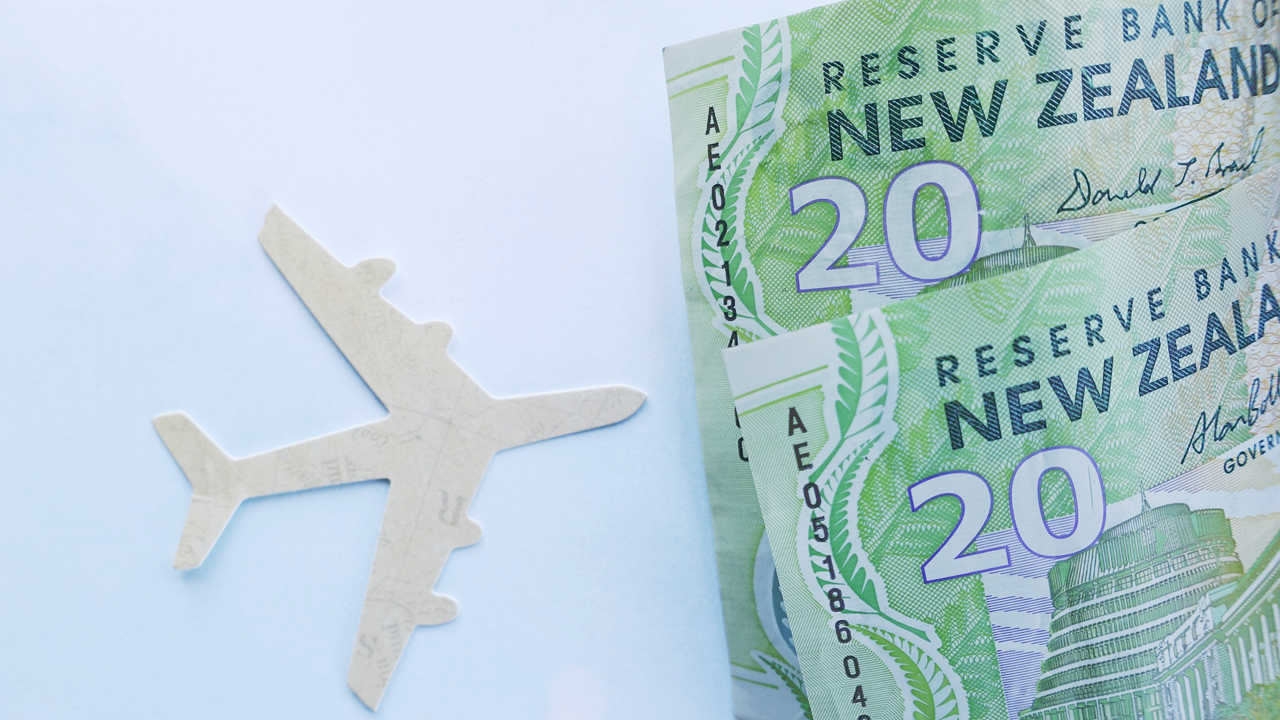
Business
17:54, 03-Nov-2017
Will New Zealand new policies create a ‘fortress’ economy?
By CGTN’s Owen Poland

New Zealand's new labor-led coalition government is basking in the traditional honeymoon period. However, its economic policies are raising fears of a “fortress” economy at home and abroad, since the government is seeking to change policies on trade, immigration and foreign investment.
The Labor party, led by New Zealand Prime Minister Jacinda Ardern, went from opposition to a partner in government after campaigning on promises to ban property sales to non-resident foreigners, increase taxes, curb immigration, and build 100,000 homes over ten years that would be sold at affordable prices.

New Zealand’s Prime Minister Jacinda Ardern speaks during a post cabinet press conference at Parliament on October 31, 2017 in Wellington, New Zealand. /VCG Photo
New Zealand’s Prime Minister Jacinda Ardern speaks during a post cabinet press conference at Parliament on October 31, 2017 in Wellington, New Zealand. /VCG Photo
Ardern recently announced that the ban on foreigners buying existing homes would begin in early 2018, but the restrictions would not apply to Australians.
"The new Government has indicated that it's looking to be less open in regards to policies on trade, foreign investment and immigration," said Christina Leung, Senior Economist at Nz Institute of Economic Research.
The ban has caused concern for existing houses under foreign ownership, though officials have claimed that the ban is designed to protect the domestic housing market.
In the first quarter of 2017, the price of the average home in New Zealand rose by more than 10 percent compared with a year earlier, according to the central bank. For the past two years, the country has recorded double-digit growth in property prices. Low interest rates on mortgages, immigration, and a limited supply of houses have all played a role.

Home construction in Aotea, near Wellington, New Zealand. /VCG Photo
Home construction in Aotea, near Wellington, New Zealand. /VCG Photo
"We are an economy that welcomes foreign investment in the right areas. What we have contested is that investment from overseas buyers into our housing market is just making it too difficult for people to buy their first home in New Zealand, and again, we're simply doing what many other nations have made moves to do," Ardern said.
But the real estate industry questions the logic. Overseas buyers only make up a small portion of house purchases, with the government figures showing it could be as little as three percent.
"There's very little data and evidence that links in foreign ownership with significantly impacting our housing market, so I think there's a lack of clarity around that at the moment," said Bindi Norwell, Chief Executive of New Zealand’s Real Estate Institute.
Moreover, the plan to cut annual immigration by up to 30,000 people and restrict international students has worried New Zealand’s education sector of four billion dollars.

VCG Photo
VCG Photo
"I don't think New Zealand can afford it, frankly. We're a country that requires export dollars and export education is one of the sources of very good quality export dollars," Paul Chalmers, an education consultant at International Education Group, told CGTN.
Economists also question how the new government can build 100,000 affordable homes in ten years without migrant labor. "There are labor shortages which are fairly acute and it's unclear the effect that any migration cuts will have on this sector,” Leung questioned.
Ardern’s first international engagement will be at the APEC Leaders Meeting in Vietnam where she hopes to convince world leaders to renegotiate the controversial Trans-Pacific Partnership (TPP) so that it better reflects New Zealand's interests.
"We negotiated and successfully passed the China Free Trade Agreement which has proven to be hugely important to New Zealand, and we will continue to advocate for our exporters and to increase our trading partners," Ardern said.

SITEMAP
Copyright © 2018 CGTN. Beijing ICP prepared NO.16065310-3
Copyright © 2018 CGTN. Beijing ICP prepared NO.16065310-3